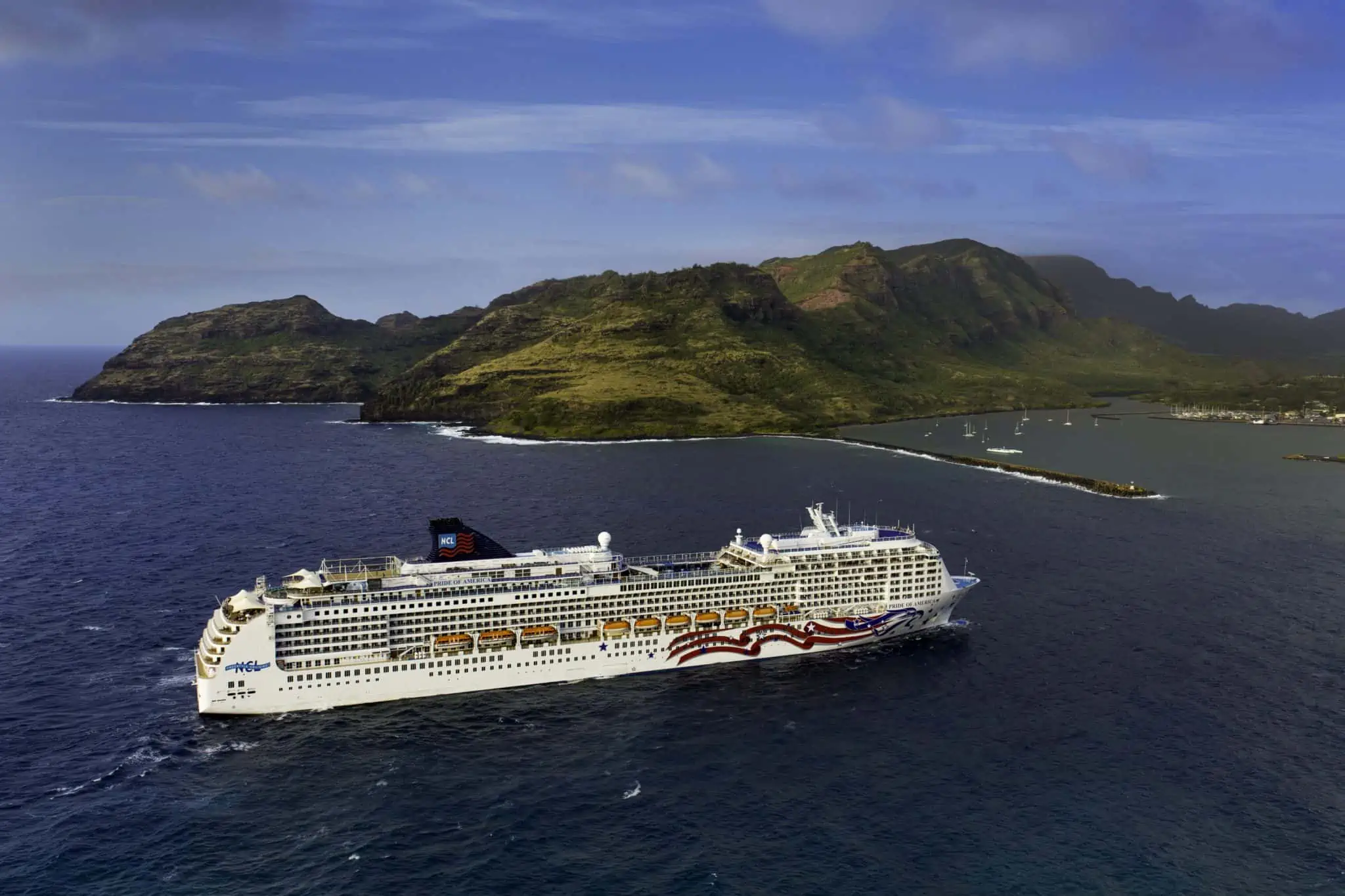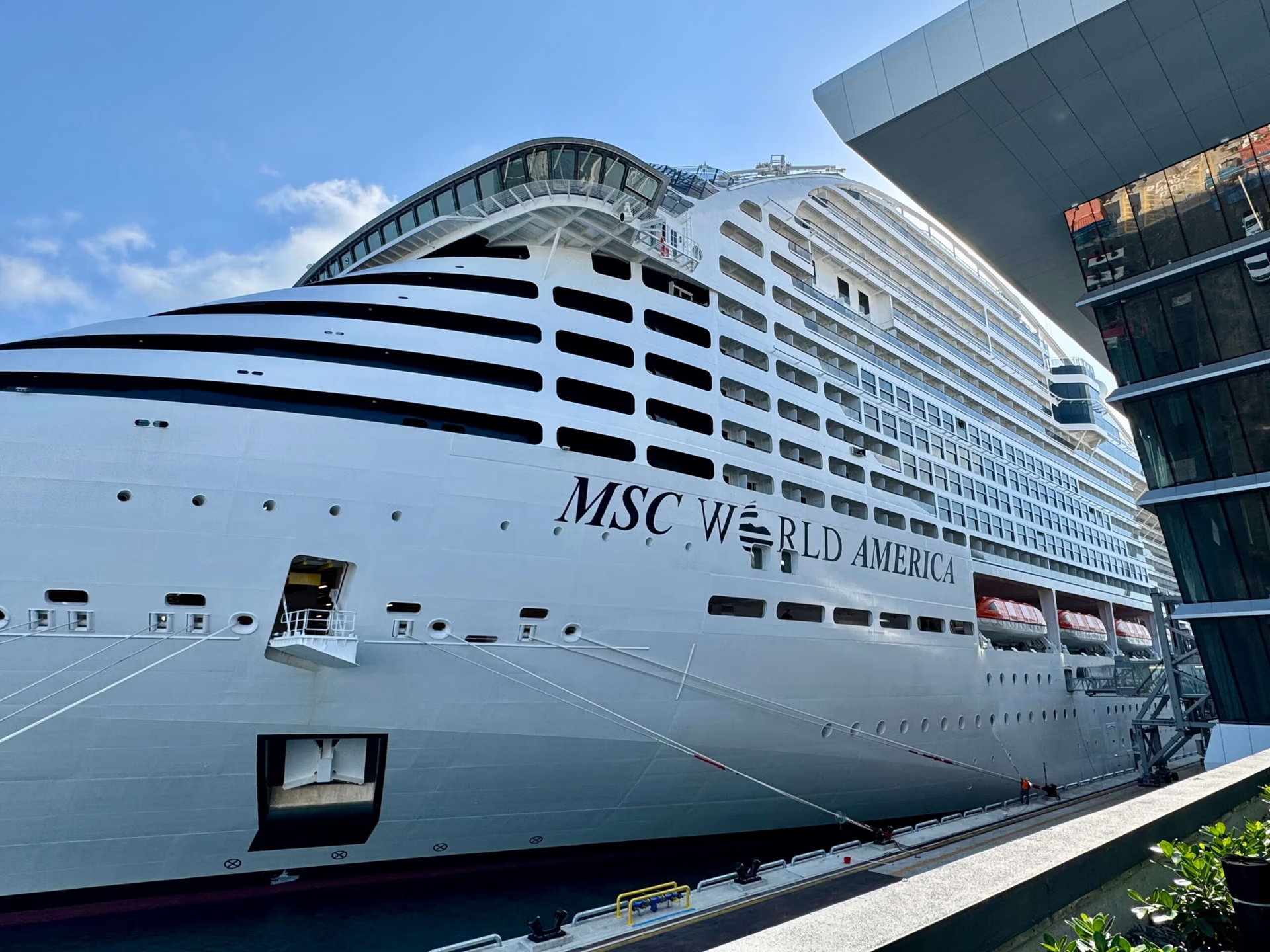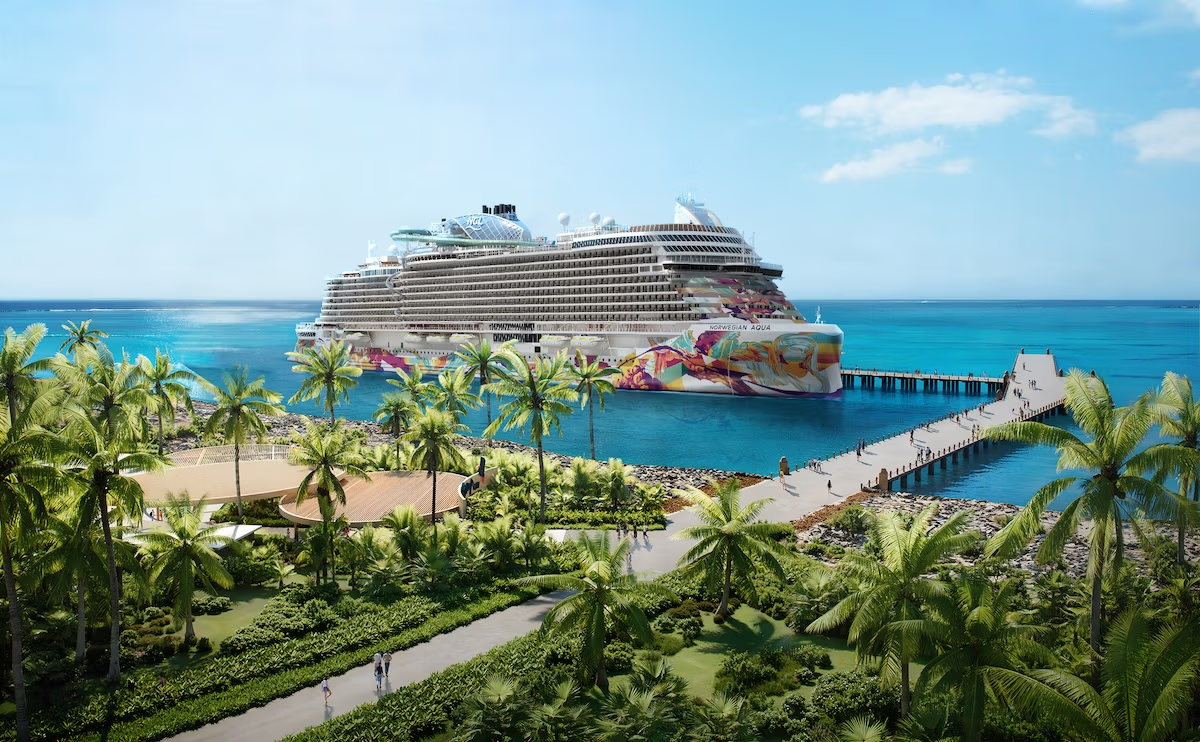Cruise passengers visiting the Balearic Islands may soon face a significant increase in tourist taxes as the regional government strives to manage tourism’s impact.
If the proposal is approved, the tax for cruise visitors this summer will triple from €2 to €6 (approximately $2.18 to $6.55) per night, making the 200% hike one of the steepest introduced by local authorities.
Cruise Passenger Tax Triples
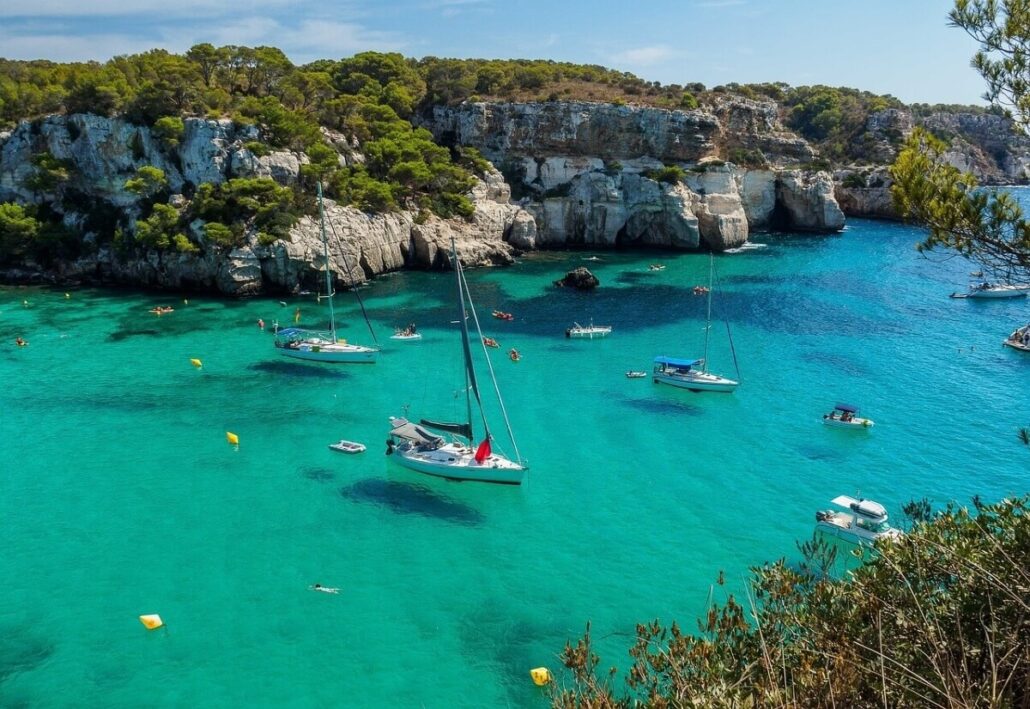
The move is part of a broader “tourism containment” initiative aimed at regulating the surge of visitors to the popular Spanish islands of Mallorca, Menorca, Ibiza, and Formentera.
Officials argue that the increase is necessary to manage the environmental and infrastructural strain caused by mass tourism, particularly from cruise ships that bring thousands of passengers daily.
Rates will also increase for other travelers. Tourists staying in four- and five-star hotels during the peak months of June, July, and August will see their tax rise from €4 to €6 (around $4.37 to $6.55) per night. Meanwhile, the lowest rate will increase from €1 to €2.50 per night (roughly $1.09 to $2.73).
| Sustainable Tourism Tax (Per Night) | Previous Rate (€) | New Rate (€) | Percent Change |
| Cruise ship passengers | 2 | 6 | 200% |
| Regular accommodations | 1 | 2.5 | 150% |
| Premium accommodations | 4 | 6 | 50% |
The Balearic government is planning stricter controls on short-term vacation rentals to regulate the booming tourism industry further.
Authorities will impose fines of up to €500,000 (over $545,700) for unlicensed holiday rentals, reinforcing efforts to curb unregulated accommodations that contribute to overcrowding and housing shortages.
Seasonal Adjustments and New Vehicle Tax
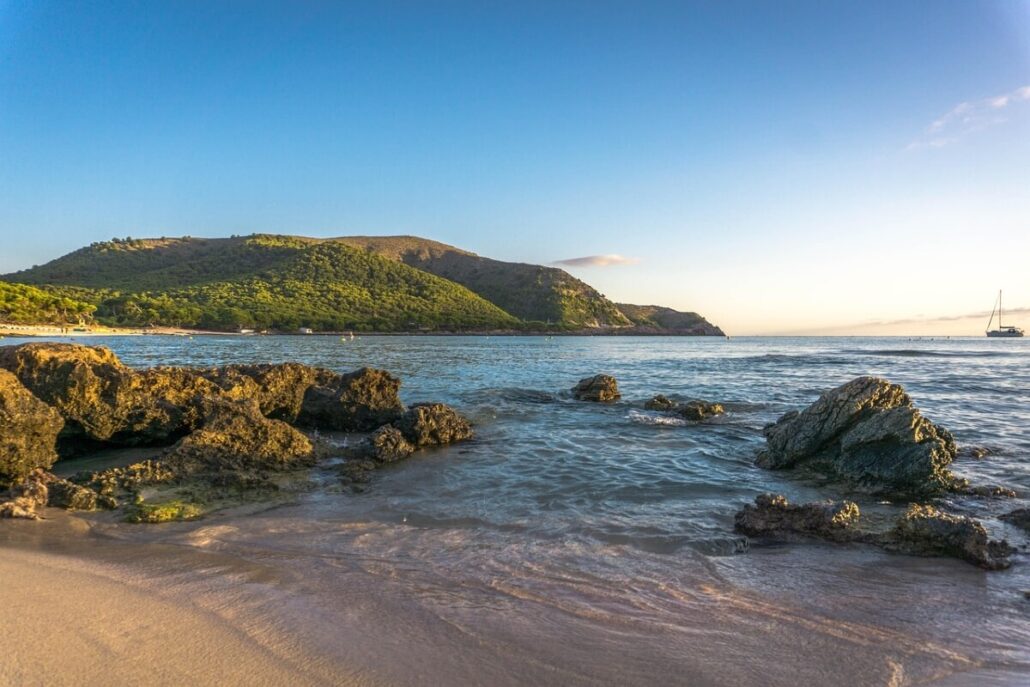
While the Balearic Islands have suspended the sustainable tourism tax for the first few months of the year, they plan to reinstate it at higher rates during the peak summer season. Additionally, the tax will be waived during the off-season months of January and February to encourage travel outside the high-traffic period.
Private and rented vehicles registered outside the Balearic Islands will also be subject to an additional tax.
The charge could reach up to €85 (about $92.77), depending on the length of stay and the vehicle’s emissions. However, rental companies based within the islands will not be affected.
With these changes, the Balearic Islands hope to strike a balance between tourism and sustainability, ensuring that visitors contribute more to the region’s upkeep while promoting responsible travel.
The Balearic Islands are not alone in implementing higher taxes on cruise passengers.
Other major cruise destinations—including Mexico, Greece, the US Virgin Islands, and more—are introducing new or increased fees.
As the new tax measures take effect, cruise passengers and other travelers should be prepared for higher costs when visiting these sought-after ports.



